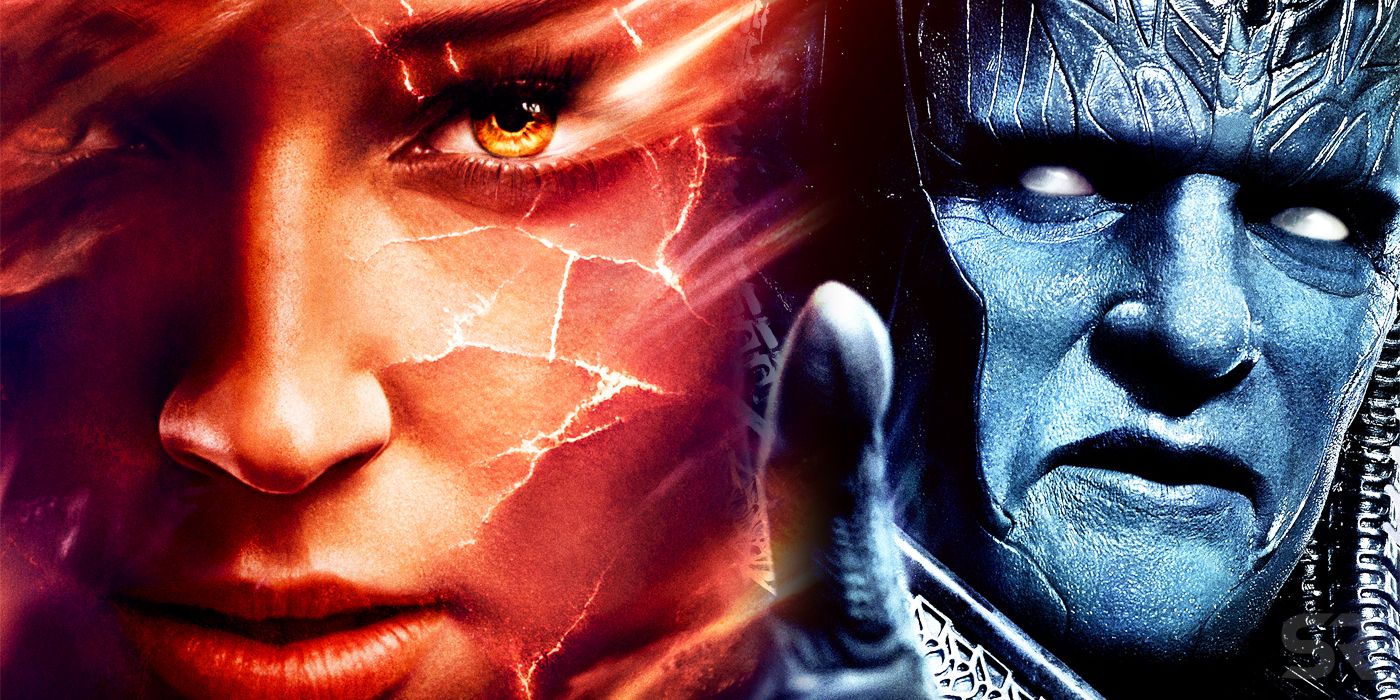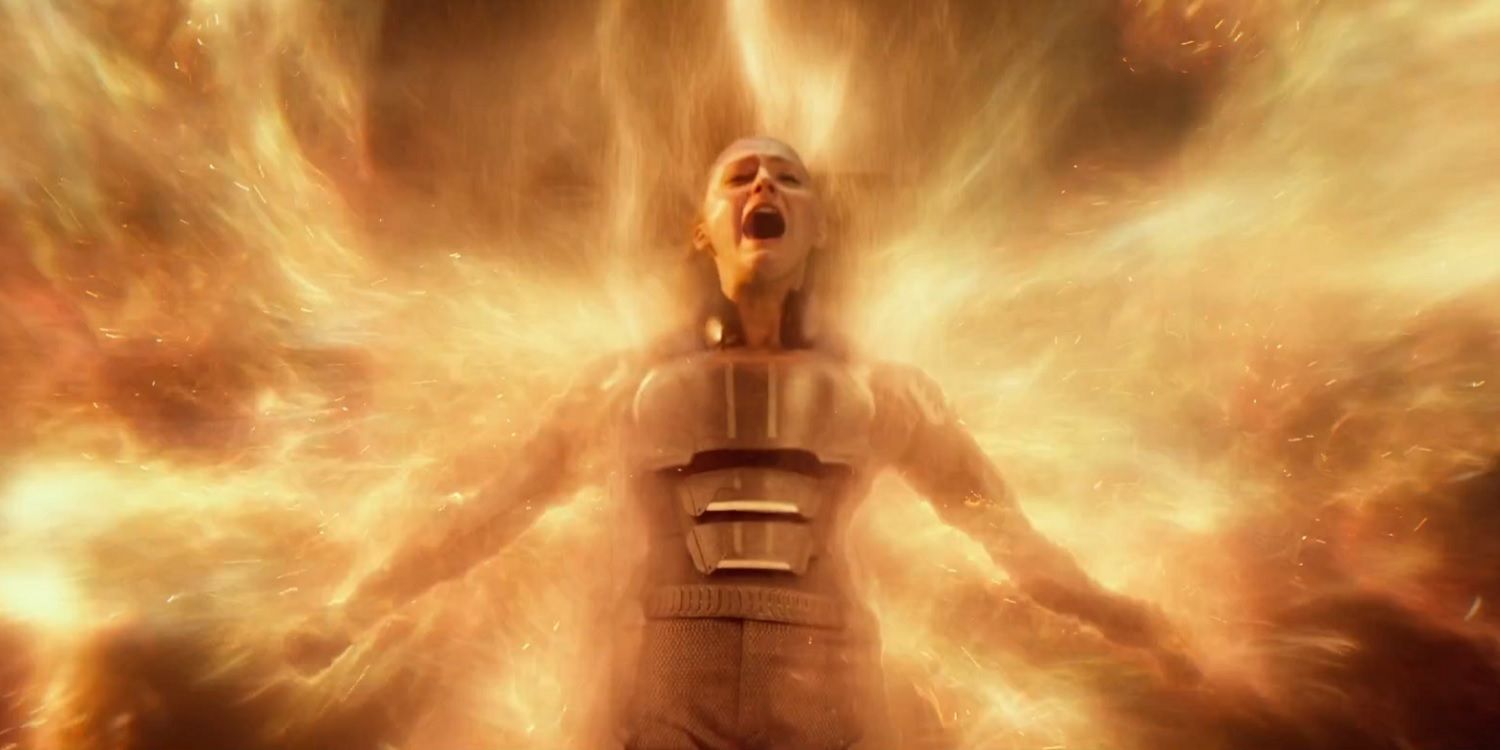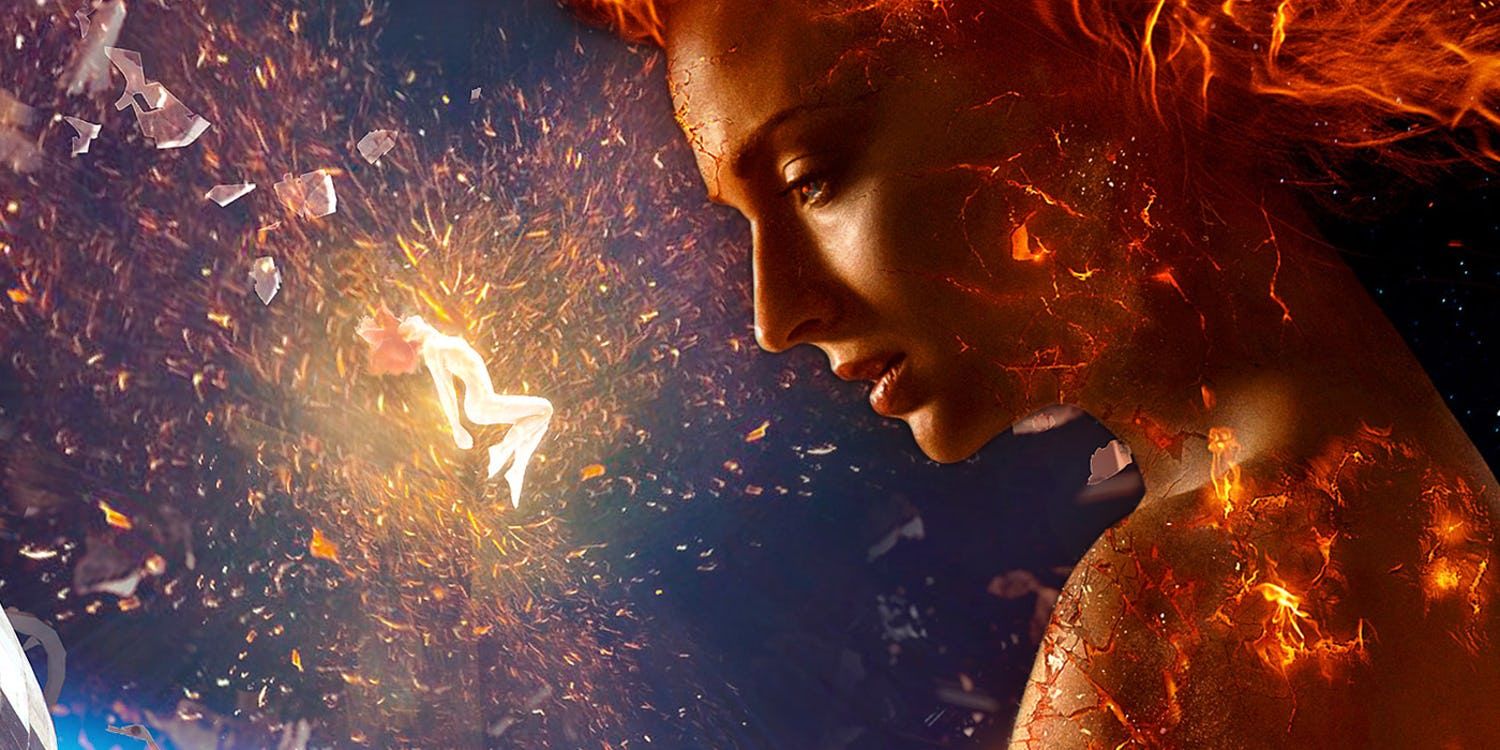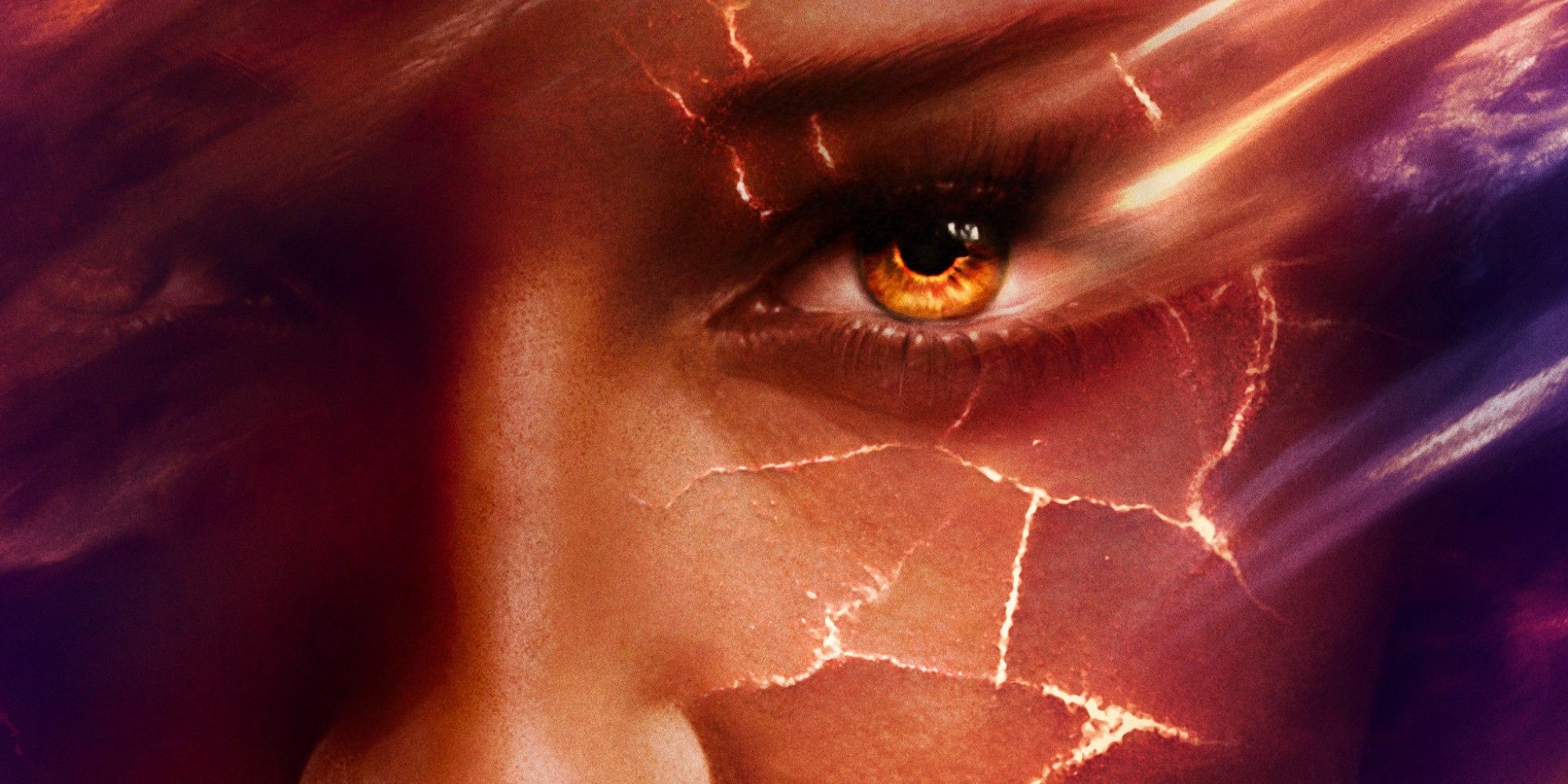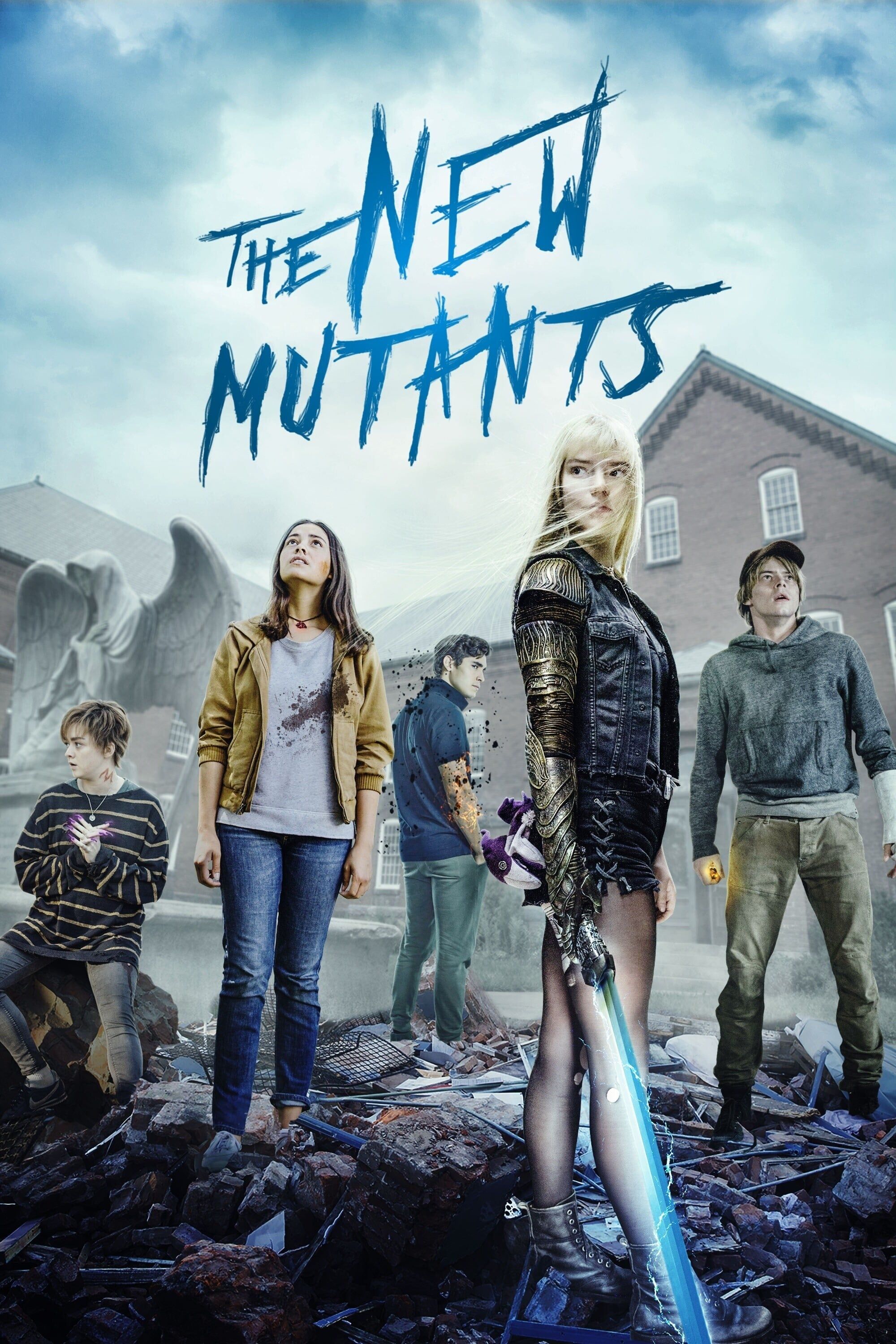X-Men: Dark Phoenix's biggest plot hole literally breaks the entire third act of X-Men: Apocalypse. Fox's X-Men franchise has never exactly been known for its consistency. In large part, that's because the studio didn't really do long-term planning, instead opting for short-term wins.
Unsurprisingly, this has caused major problems for the X-Men franchise over the years. Sometimes it meant they just couldn't figure out how to make a story work; they'd been attempting to set up or introduce the classic villain Mr. Sinister since X-Men: First Class, but never quite managed to pull it off. On other occasions, it caused pretty nightmarish continuity issues. Xavier was killed in X-Men: The Last Stand, surviving by placing his mind in another body, and yet he was back to normal - complete with crippling injuries - in X-Men: Days of Future Past. Wolverine actually lost his claws in The Wolverine, but mysteriously regained them for the next film.
But X-Men: Dark Phoenix contains possibly the most problematic continuity problem of the entire X-Men franchise, a plot hole so vast it literally breaks the third act of another movie.
X-Men: Apocalypse's Third Act Was All About Setting Up Phoenix
The fundamental problem is that X-Men: Apocalypse, set in 1983, was all about setting up the Phoenix Force. The film introduced Sophie Turner's Jean Grey as a powerful psychic mutant, whose abilities had been carefully locked down by Xavier in order to help her cope with them. Early on in the film, Jean experienced haunting visions of the world consumed by fire, visions that she believed were linked to Apocalypse. Disturbed by these visions and by the sheer psychic power she was manifesting, Jean spoke of her abilities as though they were almost a separate entity. Xavier disagreed, and attempted to help Jean keep her powers in check. In the third act, though - faced with the threat of Apocalypse - the Professor had to take a different approach. He encouraged Jean to unlock the vast reservoir of near-infinite psychic power lying dormant within her, which she unleashed in order to defeat Apocalypse. The energy manifested around Jean as a Phoenix raptor effect.
X-Men: Apocalypse was clearly setting up the Phoenix Force, drawing inspiration from comic book writer Robert Kirkman's modernized retelling of the classic Phoenix Saga in his Ultimate X-Men run. That arc saw Jean begin to experience terrifying visions of the world consumed by fire, and her powers expanded to a staggering degree. The X-Men only learned the truth when they were approached by a religious cult, who revealed that Jean was the host of the ancient and cosmic Phoenix Force. They believed the Phoenix to be a raw cosmic force of creation, restrained in a vast psychic prison millennia ago by fearful races. That prison had become the Earth, and from its cell the Phoenix had influenced human evolution in order to create the perfect host, a being who could contain it and allow it to escape. Jean Grey was the host, her genetic structure mutated at conception so as to connect her to the Phoenix Force, wielding its unlimited power with ease. Supporting the interpretation that this was intended to serve as the inspiration for the new Phoenix story, the Ultimate version ended with Jean uniting with the Phoenix in battle with Apocalypse.
The Phoenix reveal is easily the most intelligent part of X-Men: Apocalypse. Although the word "apocalypse" has become associated with the idea of the end of the world, historically apocalyptic literature was an ancient genre of writing where an angel or divine being revealed the future. Thus the true "apocalypse" of X-Men: Apocalypse, in the most ancient sense of the word, is the revelation that Jean Grey is the Phoenix, with access to the full power of the Phoenix Force.
Dark Phoenix Completely Rewrites The Phoenix Force's Origins
X-Men: Dark Phoenix completely ditches this idea. At the start of the movie, the Phoenix Force has been traversing the cosmos for untold eons, with entire worlds destroyed in a blaze of Phoenix fire. The D'Bari homeworld was consumed by the Phoenix, and Jessica Chastain's character Vuk is leader of the survivors, who are pursuing the Phoenix through space in order to work out how to either use or destroy it. They see their opportunity when Jean Grey encounters the Phoenix while on a mission in space, and she absorbs it into herself. The Phoenix triggers further evolution within Jean, who ultimately becomes one with the Phoenix when she defeats Vuk.
This idea is clearly inspired by Chris Claremont and John Byrne's original classic "The Dark Phoenix Saga," where Jean became tied to the Phoenix Force after a similar mission in space - complete with solar flares. But it doesn't fit at all with the setup. In X-Men: Apocalypse, Jean has access to the Phoenix back in 1983; in X-Men: Dark Phoenix, she gains Phoenix power from an incident in 1992. Even the visual effects are different, with the Phoenix raptor manifesting as fire in X-Men: Apocalypse, but adjusted to give it a more cosmic feel in X-Men: Dark Phoenix. There's simply no way to reconcile these two movies.
The X-Men Movies' Final Plot Hole Was Unavoidable
X-Men: Dark Phoenix is the end of the Fox X-Men films, and it's a shame the franchise has to end with the biggest plot hole in its entire history. In truth, though, this mistake was largely unavoidable. Fox had already tried to adapt the Dark Phoenix Saga once before, in 2006's X-Men: The Last Stand, and they had failed to embrace the cosmic side of Claremont and Byrne's classic story. Naturally, their second attempt wasn't going to make the same mistake, meaning X-Men: Dark Phoenix was always going to start with Jean encountering the Phoenix for the first time.
As was so often the case, the reason for this plot hole is simply that Fox failed to plan ahead. They began to set up the Phoenix Force in X-Men: Apocalypse, before they'd really thought too much about what version of the Phoenix story they were going to tell. Far from becoming a launchpad for X-Men: Dark Phoenix, Apocalypse became a problem. Fox could either choose to follow it, and tell a fundamentally different story, or they could simply ignore it. They opted for the latter.

